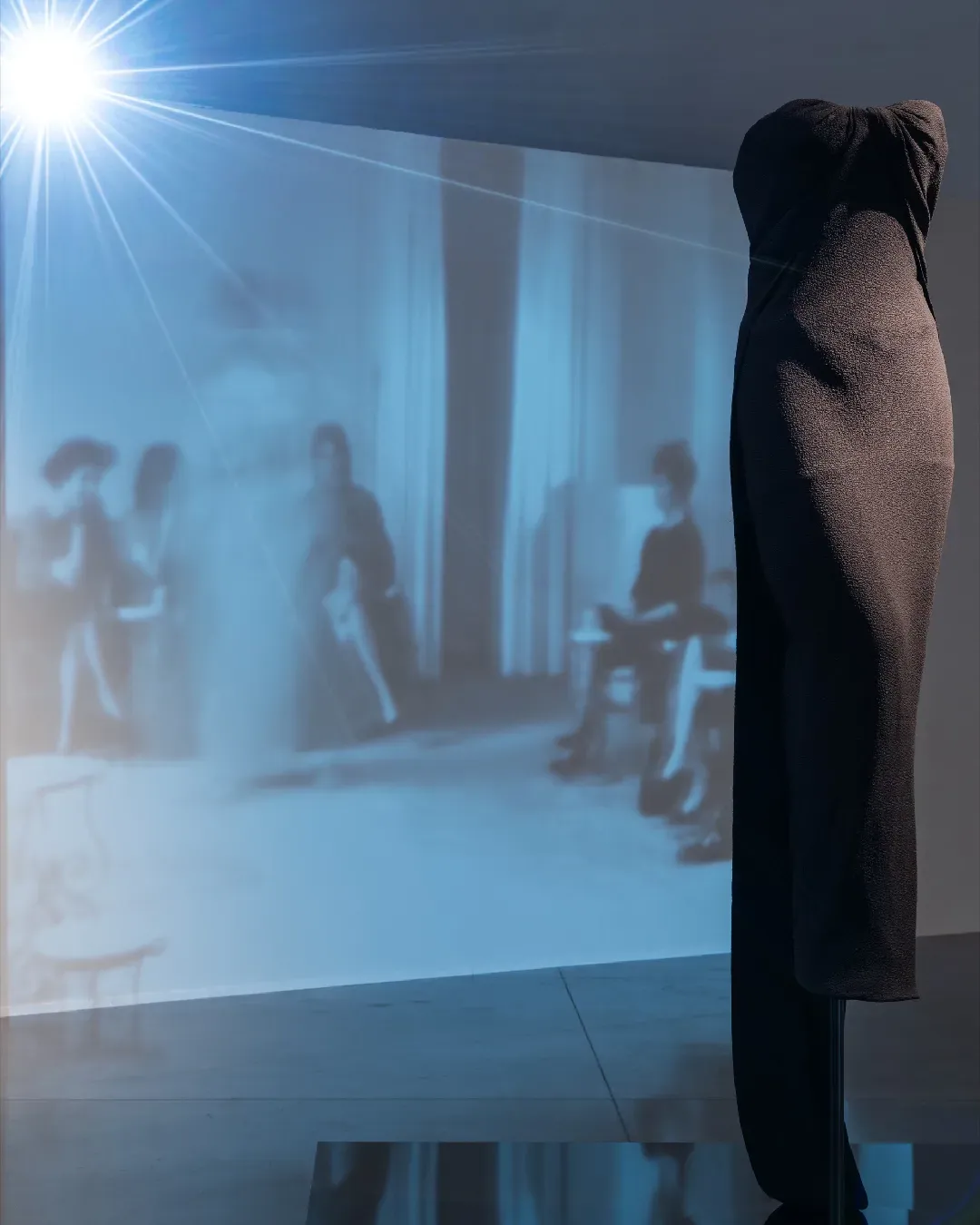
Why celebrity couples are the new influencers At the intersection of love life and market trends
In 2022, the online presence of celebrity couples has gained an unthinkable traction – something that is not surprising considering how these couples have been a fixed point of pop culture since the days of silent cinema, but that in recent years has taken on new meanings that have mixed the classic gossip also branded sponsorships, more or less occult endorsing of products and cults of the personality that not only concern the individual characteristics of celebrities but also their various commercial enterprises. A$AP Rocky and Rihanna, Justin and Hailey Bieber, Tom Holland and Zendaya, Machine Gun Kelly and Megan Fox, Kylie Jenner and Travis Scott, Kim Kardashian and Pete Davidson, Kanye West and Julia Fox, Ferragnez and, until last October Gigi Hadid and Zayn Malik – and if in fact it is striking that in times as woke and progressive as ours the rules of fame remain so heteronormative, it is even more striking that these couples so adored by fans and photographed by paparazzi around the world are in a curious intersection of celebrities, advertising and entrepeneurship: one or both members of these couples are brand ambassadors or even have one of their own, and those who are not tied to a particular brand still have a cult following as in the case of Holland, Davidson and Julia Fox. Which leads us to think that the institution of the celebrity couple begins to concern new areas that are not only aspirational and related to gossip, but commercial. In short, celebrity couples are the new influencers.
Since the pandemic began, in fact, the opposition between celebrities and influencers has begun to be felt stronger, as well as the definition of celebrity has become much more abstract and cross-sectoral than in the past. On the one hand, the myth of influencers has begun to fade due to a lack of cultural relevance of these professional figures curiously lacking a real professional authority. Starting from 2020 the public has had a thirst for cultural relevance, entertainment but also for expertise: this is why many influencers/bloggers/youtubers have started to migrate to other worlds (such as Manu Rios and Evan Mock who became actors, the D'Amelio sisters who started their reality show or Logan and Jake Paul who turned to boxing) but also the reason why the so-called "cultural pioneers", i.e. figures who represent the values and cultural excellence of a certain community, such as Amanda Gorman, Naomi Osaka or Kai-Isaiah Jamal, have surpassed in fame and recognition the classic influencers – which, among other things, have turned out to be a category of celebrities often very problematic, much more subject to controversy than celebrities related to the world of entertainment (some examples are the rapid fall of James Charles and Kris Wu, Jay Alvarrez's sex tape controversy, passing through the accusations of plagiarism directed at Danielle Bernstein in recent years). Influencers liked them because they were aspirational, but the era of post-Covid, post-truth and fake news is no longer an era for amateurs: celebrities need preparation, professional pedigree, authority and tangible credibility in their field.
In this new cultural ecosystem, celebrity couples have a strong strategic advantage: both because they are famous for their own cultural achievements, unrelated to simple online following; both because, if their media presence combined with their commercial enterprises can be compared to a living franchise, their sentimental relationships represent the crossover of two areas and therefore lead different audiences to get in touch with each other and therefore amplify their influence much more online and not. The celebrity couple, moreover, are also much more relatable to their audience and, as seen in the extreme case of Kanye and Kim's divorce, they can also become the ideal stage of a long game in which truth and staging are confused beyond any recognition capacity that brands can exploit to obtain clout as is happening with Balenciaga who is the "invisible protagonist" of all the public and private appearances of Kim Kardashian and Kanye. Suffice it to say that the release of the editorial Date Night of Interview Mag that spoke of the meeting between Kanye and Julia Fox took place on the same day as the announcement of the release of Yeezy Gap Engineered by Balenciaga - a synchrony that doesn't look random. How writer and art director Patrik Sandberg effectively summed up on Twitter:
«I find it rather unprecedented that Kim and Kanye are exclusively wearing Balenciaga. To sponsor and dress a celebrity divorce feels like a cynical yet brilliant new breed of endorsement. Where is the investigative report?»





















































